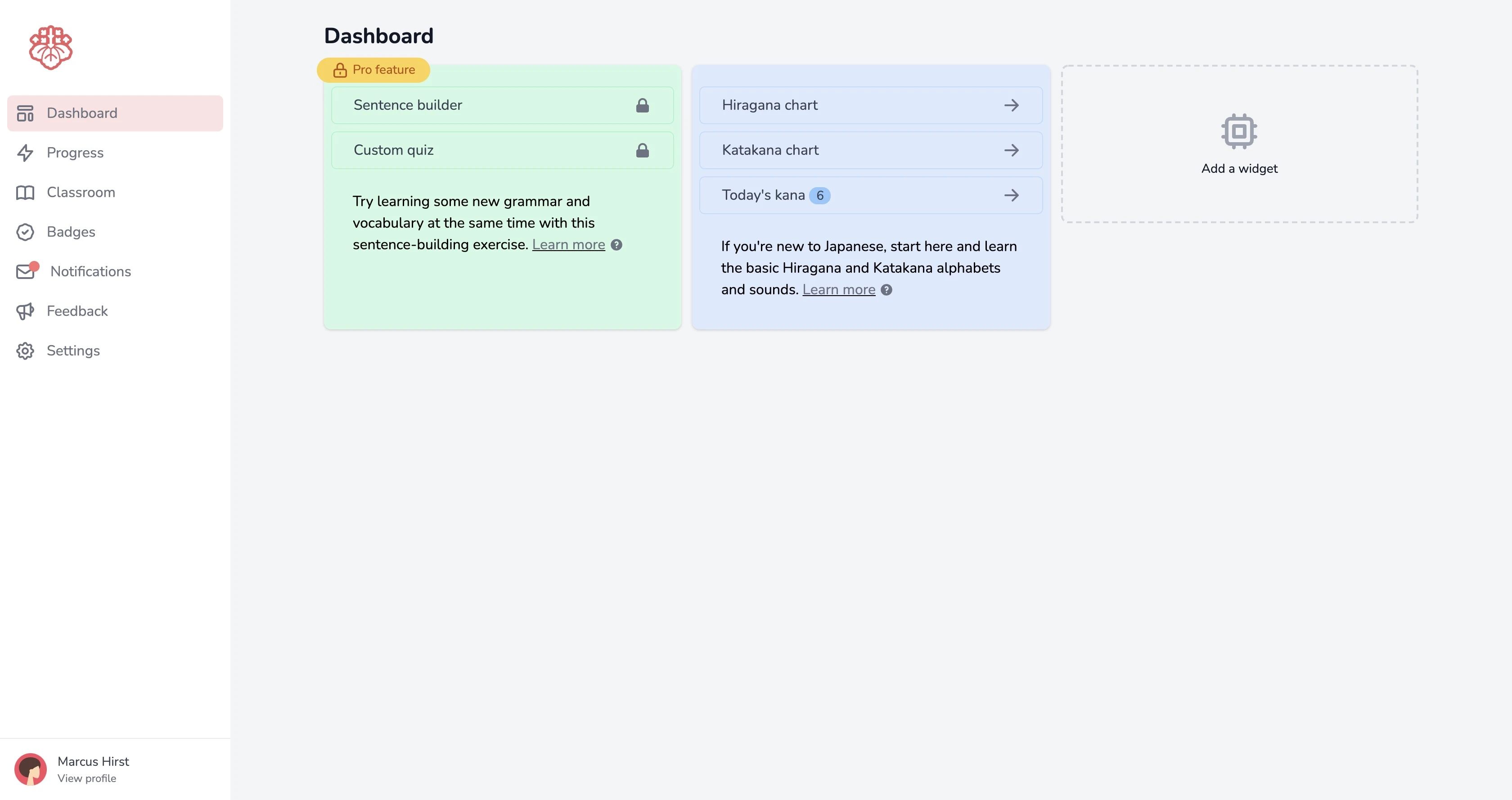
Steps To Master Japanese 4
3 minute read · Mon 27 SeptemberSteps To Master Japanese 4
Ignore the Subject Pronouns
When it comes to learning a new language, most people want to start with the bigger picture. It’s very natural, and it makes sense to start with something very basic. You might want to start with the subject pronouns like I, you, he, she, it, we, and they. However, Japanese is one of the languages that doesn’t put too much focus on the subject! Although we do have those subject pronouns, they are often omitted because they’re usually implied, and you can guess from the context. In fact, that’s the reason why it’s hard to jump into somebody else’s conversation because you don’t know what they are talking about.
The only subject pronouns you need at the beginning is わたし which means "I", but you don’t need to keep saying it like you do in English. Once you say it, we know you’re talking about yourself. You use a new subject (pronoun) when you want to change the subject or the topic.
あなた is "you", and we hear this a lot from Japanese learners. Although it’s fine at the beginning, as you learn more Japanese, you should stop using あなた. Instead, you should address the second person in the third person form like ゆうきせんせい, トムさん if you're talking about Yuki (teacher) or Tom.
For example, instead of saying あなた は なにじん です か (Where are you from?), you should say ◯◯◯さん はなにじん です か (Where are you from, ◯◯◯?)
Calling someone あなた is not very polite in Japanese especially when you know the person’s name. It gives the person the impression that the person is a stranger and his/her name is not important. It makes him/her feel distant from you. If your native language is a subject-based language like English, you might feel strange to address someone in the third person, but that’s how it works in Japanese.
Also, you don’t need to keep saying the person’s name as long as you’re talking about him/her. It sounds repetitive and is unnecessary. Since it’s an essential part of conversations in Japanese, it’s very important to remember people’s names in Japanese. And don’t forget to put ~さん after their name unless you’re very close friends.
Was this article helpful?
Want to learn even more? Start your free Pro trial today.
You learn or relearn even faster and become more confident with a small time investment each day.
Start your free trial


